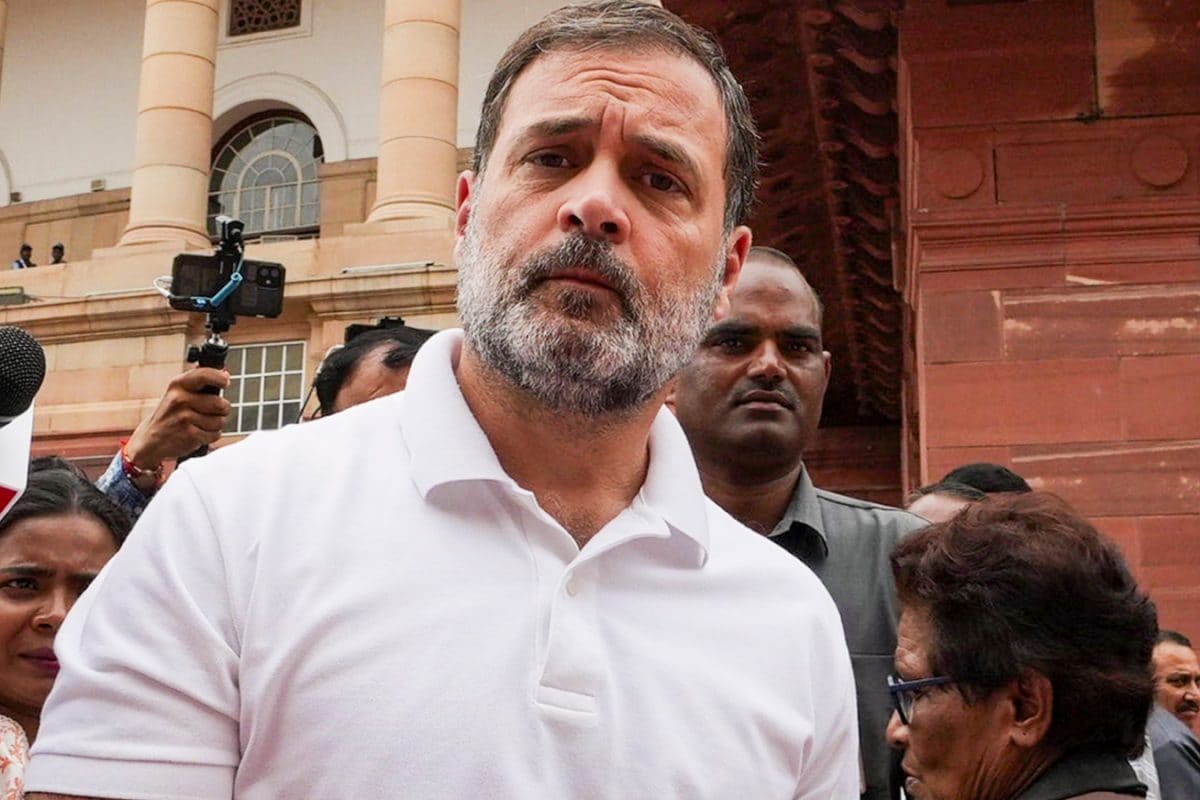

As the Indian government gears up for a major overhaul of the Goods and Services Tax (GST) system, political sparring has erupted between the ruling Bharatiya Janata Party (BJP) and the opposition Congress party. The Congress is claiming credit for the impending GST reforms, while the BJP is questioning the opposition's "audacity" in doing so.
The GST, implemented on July 1, 2017, was touted as India's most comprehensive indirect tax reform, designed to create a seamless national market by merging multiple state and central taxes into a single system. The current GST structure includes five main tax slabs: 0%, 5%, 12%, 18%, and 28%. Essential food items are either exempt or taxed at the lowest rate, while luxury and sin goods are placed in the highest category.
In his Independence Day speech on August 15, 2025, Prime Minister Narendra Modi announced plans for a "next-generation GST reform" with significantly lower rates, describing it as a "double Diwali gift" for citizens. Government sources have indicated that the proposed changes involve eliminating the 12% and 28% tax slabs, with most items from those categories being redistributed to the 5% and 18% slabs. A special rate of 40% is planned for luxury and demerit goods like tobacco and pan masala.
The Congress party has been quick to claim credit for these planned reforms. Congress leaders argue that the government was compelled to make these changes due to pressure from the opposition and the public. They assert that the BJP is only acting now because of political considerations, particularly with upcoming state elections.
However, the BJP has dismissed the Congress' claims, questioning their "audacity" in taking credit for reforms they had previously opposed or criticized. BJP leaders point out that the Congress had initially resisted the GST implementation and has since been critical of its various provisions. They argue that the Modi government has been working steadily to improve the GST system and that the upcoming reforms are a result of their efforts.
The proposed GST reforms are expected to be discussed at a two-day GST Council meeting in September. The council, which includes central and state finance ministers, will review the proposal and likely hold multiple sessions to discuss the proposed GST rate reductions. The aim is to finalize the changes and potentially roll them out before Diwali.
The government hopes that these reforms will simplify the tax system, reduce the tax burden on essential goods and services, boost consumption, and stimulate economic growth. Economists suggest that while lower GST rates may temporarily reduce government revenue, this could be balanced by higher sales and better compliance under a simpler tax system. The changes are also expected to benefit Micro, Small and Medium Enterprises (MSMEs) and make essential services like health and life insurance more affordable.
The GST Council is also expected to discuss other key tax reforms, including the rationalization of rates for health and life insurance. There is a proposal to reduce the 18% GST rate currently charged on insurance premiums. The council may also consider reducing taxes on products used in daily life.
While the political debate over who deserves credit for the GST reforms continues, the focus remains on the potential impact of these changes on the Indian economy and the lives of ordinary citizens. The upcoming GST Council meeting in September will be crucial in determining the final shape of these reforms and their implementation timeline.